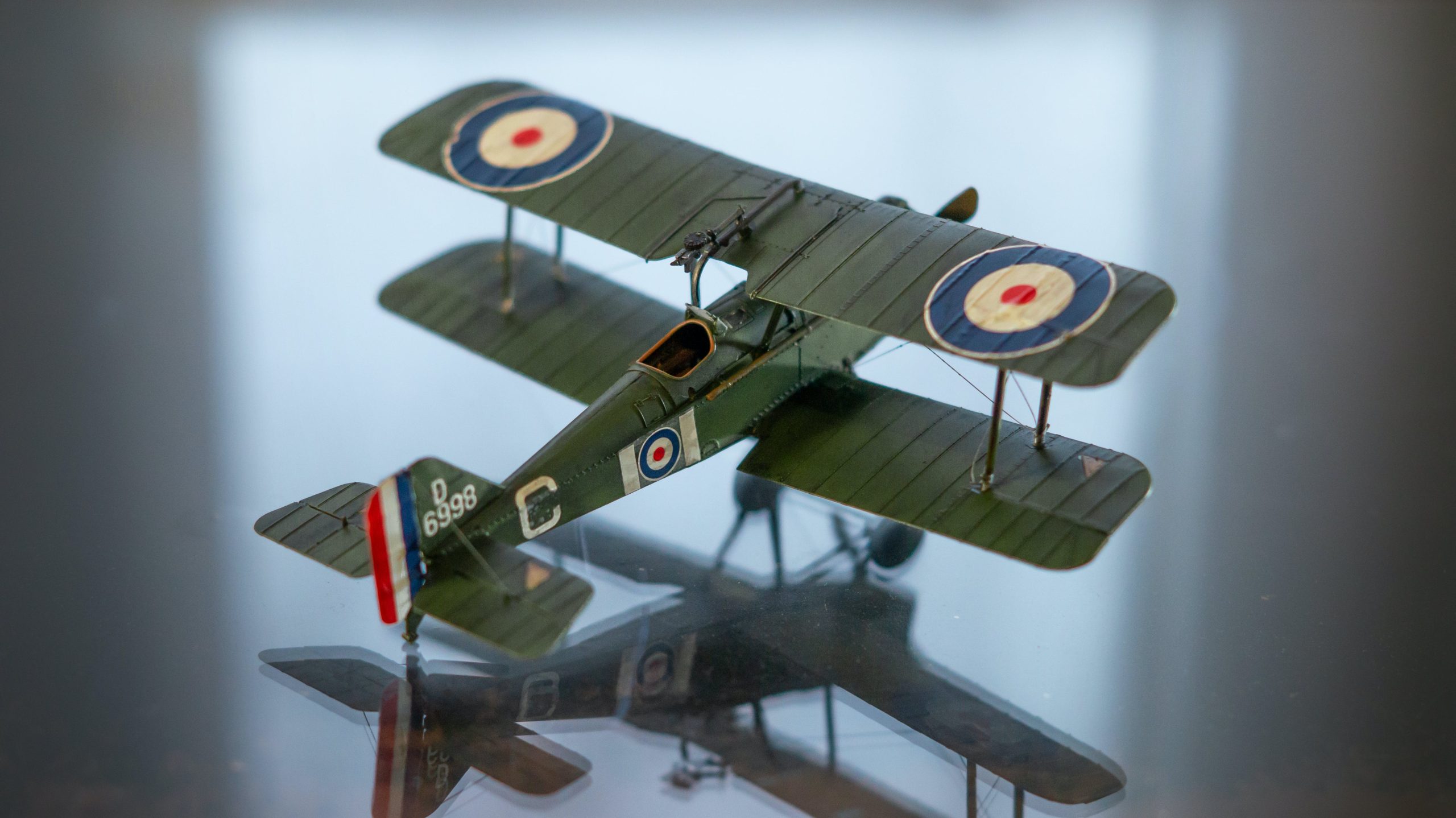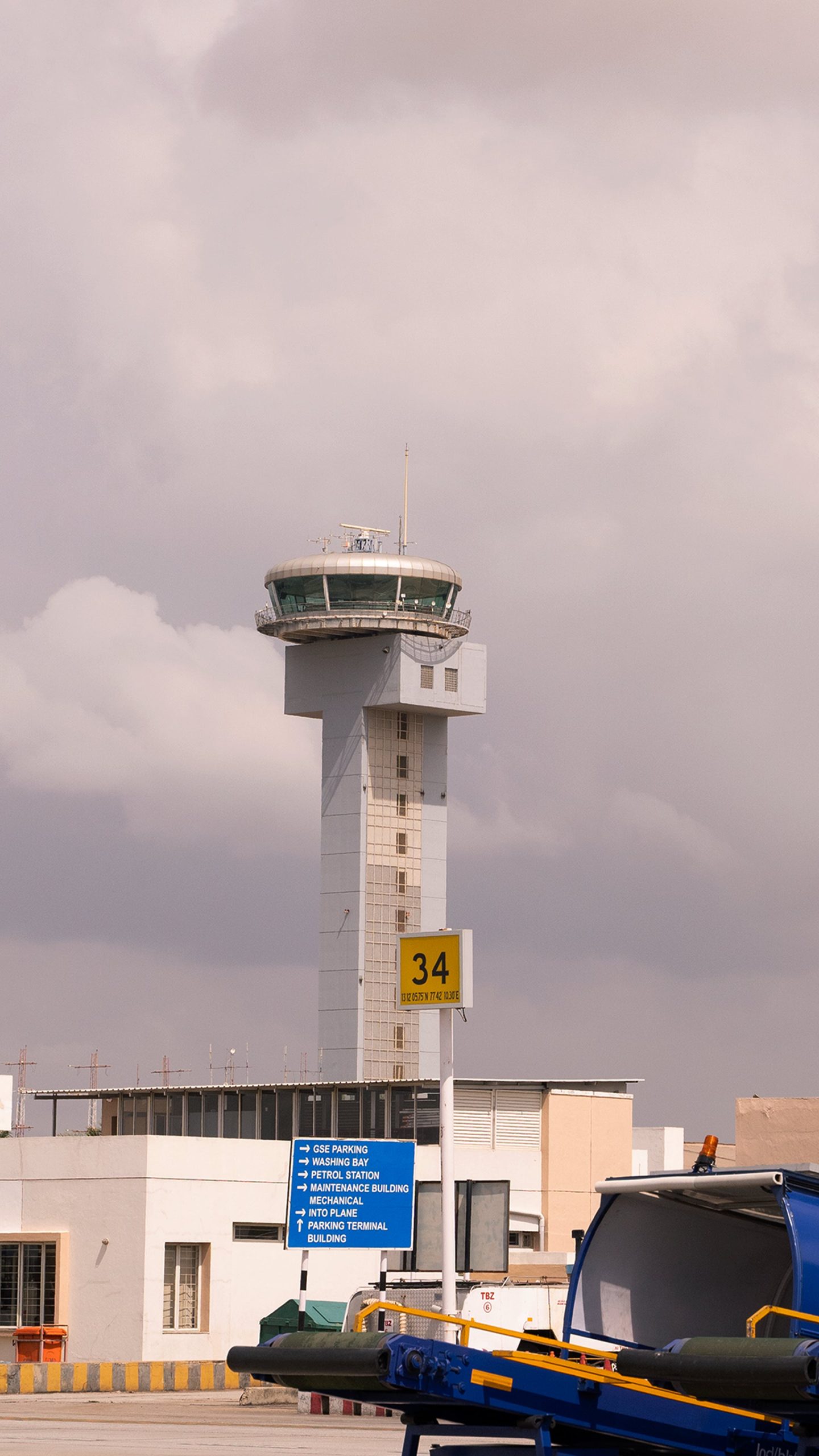Physical Address
304 North Cardinal St.
Dorchester Center, MA 02124
Physical Address
304 North Cardinal St.
Dorchester Center, MA 02124

Have you ever wondered how to keep your air conditioner in top-notch condition? Well, look no further! In this article, we will be sharing some valuable tips to help you maintain your air conditioner for optimal performance. With our easy-to-follow advice, you’ll be able to keep your AC running smoothly, ensuring cool and comfortable air all summer long. So, get ready to learn some essential maintenance tips that will keep your air conditioner in tip-top shape!

Regularly cleaning or replacing your air filters is essential for maintaining the optimal performance of your air conditioner. Over time, dust, dirt, and debris accumulate in the filters, restricting airflow and reducing the efficiency of your AC. By cleaning or replacing the filters every few months, you ensure that the air quality in your home remains clean and that your AC functions at its best.
The evaporator coils in your air conditioner play a crucial role in cooling the air. However, over time, these coils can get dirty and accumulate debris, reducing their ability to absorb heat effectively. Cleaning the evaporator coils at least once a year helps prevent dirt buildup and ensures that your AC can cool the air efficiently.
The condenser coils, located in the outdoor unit of your air conditioner, are responsible for releasing the heat absorbed from the indoor air. If these coils are clogged with dirt, dust, or other debris, it becomes difficult for the AC to expel heat efficiently. To maintain optimal performance, it is important to clean the condenser coils regularly and remove any obstructions that may hinder their function.
The condensate drain is responsible for removing the excess moisture that is produced when your air conditioner cools the air. Over time, this drain can become clogged with dirt, debris, or algae, leading to water leakage or a malfunctioning AC. By regularly cleaning the condensate drain and ensuring it remains clear, you prevent water damage and maintain the proper functioning of your air conditioner.
To maintain optimal performance, it is important to ensure proper airflow in your air conditioning system. Check that the vents and registers are not blocked by furniture or other objects. Additionally, make sure that the air ducts are clean and free from any obstructions. Good airflow allows your AC to distribute cool air evenly throughout your home, ensuring maximum comfort and efficiency.
Regularly cleaning the vents and registers ensures that there are no dust or debris blockages that might restrict airflow. Use a vacuum or a soft brush to remove any buildup from these areas. This simple maintenance task allows your AC to operate efficiently and prevents any potential issues caused by blocked vents or registers.
The outdoor unit of your air conditioner requires proper airflow to function effectively. Ensure that there are no obstructions, such as plants, furniture, or debris, around the unit. These obstructions can restrict the intake of air, causing the AC to work harder and potentially leading to overheating. By keeping the area around the outdoor unit clear, you maintain optimal airflow and help extend the lifespan of your air conditioner.
Just as the outdoor unit requires proper airflow, it is also essential to maintain a clear space around the indoor unit of your air conditioner. This allows the AC to suck in air efficiently and distribute cool air effectively throughout your home. Avoid placing furniture or other items too close to the indoor unit to ensure maximum performance.

Checking the refrigerant levels in your air conditioner is crucial for optimal performance. Low refrigerant levels can lead to reduced cooling capacity and increased energy consumption. If you notice that the air coming from your AC is not as cold as it used to be, it may indicate a refrigerant leak. In such cases, it is necessary to contact a professional technician to inspect and recharge the refrigerant levels.
Refrigerant leaks can not only affect the performance of your air conditioner but also harm the environment. Regularly inspecting your AC for any signs of refrigerant leaks, such as oil stains or hissing sounds near the unit, is essential. If you suspect a refrigerant leak, contact a professional technician who can locate and repair the leak, ensuring the proper functioning of your air conditioner.
Faulty electrical connections can lead to a variety of issues with your air conditioner, ranging from reduced performance to complete system failures. It is important to regularly inspect the electrical connections, checking for loose or frayed wires, and ensuring that all connections are secure. If you spot any issues, contact a professional technician to address the problem promptly and avoid any potential hazards.
The blower motor in your air conditioner is responsible for circulating the cool air throughout your home. Over time, it can become dirty or obstructed by dust and debris, affecting its efficiency. Regularly inspect and clean the blower motor, removing any buildup that may hinder its operation. A clean and well-maintained blower motor ensures that your AC can supply an ample amount of cool air, keeping your home comfortable.
Setting the temperature wisely is essential for both your comfort and the efficiency of your air conditioner. Instead of setting your AC to the lowest temperature possible, try to find a balance that keeps you comfortable without overworking the unit. Ideally, aim for a temperature around 78 degrees Fahrenheit (25 degrees Celsius) in the summer, as this is a comfortable and energy-efficient setting.
Avoiding extreme temperature changes is important for maintaining the efficiency and lifespan of your air conditioner. Rapidly lowering or raising the temperature can lead to unnecessary strain on the unit and increase your energy consumption. It is advisable to adjust the temperature gradually and avoid extreme fluctuations, allowing your AC to operate smoothly and efficiently.
Programmable thermostats are a great tool for optimizing the performance of your air conditioner. They allow you to set different temperature settings for different times of the day, ensuring that your AC is not cooling an empty house unnecessarily. By utilizing programmable thermostats, you can save energy and reduce your utility bills while still enjoying a comfortable indoor environment.
Many air conditioners come equipped with energy-saving modes or features that can help reduce energy consumption. These modes adjust the AC’s performance to optimize efficiency while still maintaining a comfortable temperature. By utilizing the energy-saving mode on your air conditioner, you can save energy without compromising your comfort.

Regular professional maintenance is a must for maintaining the optimal performance of your air conditioner. Hiring a licensed HVAC technician to inspect and service your AC annually can help identify and address any potential issues before they become major problems. Professional maintenance includes tasks such as cleaning coils, checking refrigerant levels, and ensuring all components are in proper working condition, resulting in improved efficiency and extended lifespan for your air conditioner.
In addition to professional maintenance, it is important to follow the manufacturer’s maintenance guidelines for your specific air conditioner model. These guidelines outline the recommended maintenance tasks and schedules to keep your AC running smoothly. Regularly refer to the user manual or contact the manufacturer for any specific maintenance requirements and ensure that you adhere to them.
The fan blades in your air conditioner play a crucial role in the airflow and cooling process. Over time, these blades can accumulate dust, dirt, or even mold, causing them to operate less efficiently. Regularly inspect the fan blades and clean them using a soft brush or cloth. This simple task helps ensure proper airflow and allows your AC to cool your home effectively.
The belts in your air conditioner’s blower motor can wear out over time, leading to reduced performance and even complete motor failure. Regularly inspect the belts for signs of wear, such as cracks or fraying. If you notice any issues, it is important to replace the worn-out belts promptly to avoid any further damage to your air conditioner.
The outdoor unit of your air conditioner is exposed to the elements, making it susceptible to damage. To protect your AC, consider installing a cover specifically designed for this purpose. A cover can shield the unit from debris, leaves, and other objects that could potentially clog the coils or hinder proper airflow. However, it is important to choose a cover that allows for ventilation to prevent moisture buildup.
In addition to protecting the outdoor unit, it is important to keep the area around it clean. Regularly sweep or remove any debris, leaves, or grass clippings that may accumulate near the unit. This prevents obstructions that could limit airflow and compromise the functioning of your air conditioner.
When the air conditioner is not in use, such as during the winter months, it is important to take appropriate measures to protect the unit. Covering the outdoor unit and disconnecting power can help prevent potential damage caused by extreme weather, dust, or pests. Properly storing the window units and covering them with a plastic sheet also helps keep them clean and in good condition for future use.
Direct sunlight can significantly impact the efficiency of your air conditioner. If possible, provide shade to the outdoor unit by placing it under a tree or installing a shade structure. Shielding the unit from direct sunlight helps reduce the workload on your AC, allowing it to cool your home more efficiently.

Using ceiling fans in conjunction with your air conditioner can help enhance the distribution of cool air and make the room feel cooler. The circulating air from the fan creates a wind chill effect, allowing you to set your AC at a slightly higher temperature while still feeling comfortable. This not only saves energy but also reduces the workload on your air conditioner.
When running your air conditioner, it is important to keep your windows and doors closed to prevent the cool air from escaping and the warm air from entering. Inspect your home for any drafts or gaps around windows and doors and seal them properly to ensure maximum energy efficiency. By minimizing air leakage, you can optimize the performance of your air conditioner and maintain a comfortable indoor environment.
Direct sunlight entering your home through windows can significantly increase the temperature, making your air conditioner work harder to cool the space. Install blinds, curtains, or shades to block out or reduce the amount of sunlight entering your home. By shading your windows, you can limit heat gain and reduce the cooling load on your air conditioner.
Appliances such as ovens, stoves, and clothes dryers generate heat that can increase the temperature in your home. To minimize the workload on your air conditioner, avoid using these appliances during the hottest parts of the day. Instead, opt for using them in the evening or early morning when the outdoor temperature is cooler.
If your air conditioner suddenly stops working, the first troubleshooting step is to check the circuit breakers and fuses. Sometimes, a tripped breaker or a blown fuse can cause the AC to stop functioning. Inspect the circuit breaker panel and reset any tripped breakers. Similarly, check the fuses and replace any blown ones. However, if the issue persists, it is best to seek professional assistance.
If you notice that your air conditioner is not responding to temperature adjustments, it may be necessary to reset the thermostat. Refer to the user manual or the manufacturer’s instructions on how to correctly reset your thermostat. This simple step can often resolve minor issues and restore the proper functioning of your AC.
Blocked airflow can cause uneven cooling or reduced performance in your air conditioner. Inspect all vents and registers to ensure they are not blocked by furniture, curtains, or other objects. Additionally, check the air ducts for any obstructions and remove them if necessary. Improving airflow allows your AC to operate efficiently and ensures a comfortable indoor environment.
Leaky ductwork can significantly impact the efficiency of your air conditioner by allowing cool air to escape before reaching the intended areas. Regularly inspect the ductwork for any visible leaks, loose connections, or damaged insulation. If you detect any issues, it is best to have a professional HVAC technician seal and repair the leaks, improving the performance of your air conditioner.

Clogged or dirty filters can contribute to increased noise levels in your air conditioner. When the filters are clogged, the AC has to work harder, resulting in higher noise levels. Regularly clean or replace the filters to reduce noise and improve the overall performance of your air conditioner.
Over time, the vibrations and movements of your air conditioner can cause some parts to become loose. Loose parts can create rattling or vibrating noises. Inspect the unit and tighten any loose nuts, bolts, or screws to reduce noise levels. If you are unsure or uncomfortable working with the internal components of your air conditioner, it is recommended to seek professional assistance.
Air conditioners can generate a significant amount of noise, especially when located near living spaces or bedrooms. To reduce the noise levels, consider soundproofing the area around the unit. This can be done by using materials such as acoustic panels, soundproof curtains, or placing furniture strategically to absorb or block the sound waves. Soundproofing the area can create a quieter and more peaceful indoor environment.
If the noise from your air conditioner is particularly bothersome and cannot be effectively reduced by other means, you may consider installing a noise dampener. These devices are specifically designed to reduce the noise produced by air conditioning units. Consult with a professional HVAC technician to determine the best noise dampener option for your specific air conditioner model.
During the winter months when your air conditioner is not in use, it is important to protect the outdoor unit from the elements. Covering it with a proper air conditioner cover can prevent damage from snow, ice, and debris. However, it is important to choose a cover that allows for ventilation to prevent moisture buildup and potential corrosion.
When winterizing your air conditioner, it is crucial to switch off and disconnect the power supply. This ensures that the unit does not accidentally turn on during the winter and helps prevent any potential electrical issues. Refer to the manufacturer’s instructions or consult with a professional technician for the correct procedures to safely switch off and disconnect your air conditioner.
If you have window units, proper cleaning and storage are essential for their longevity. Before removing the unit from the window, clean it thoroughly to remove any dirt or dust buildup. Ensure all components are dry before storing them in a safe location. Taking these steps helps prevent mold or mildew growth and ensures that the window units are ready for use when the warm weather returns.
To ensure your air conditioner is properly prepared for the winter season, it is advisable to schedule a professional winterization service. A professional technician will thoroughly inspect your AC, perform any necessary maintenance tasks, and provide expert advice on winterizing your specific unit. This helps protect your air conditioner from potential damage caused by freezing temperatures and ensures that it is ready to perform optimally when it is time to use it again.